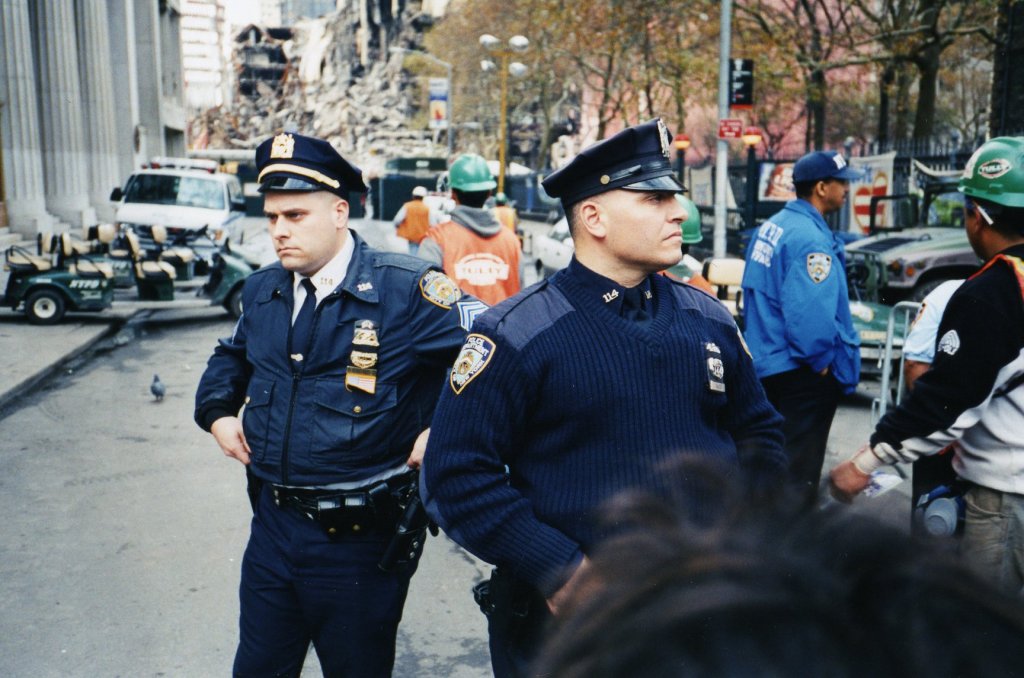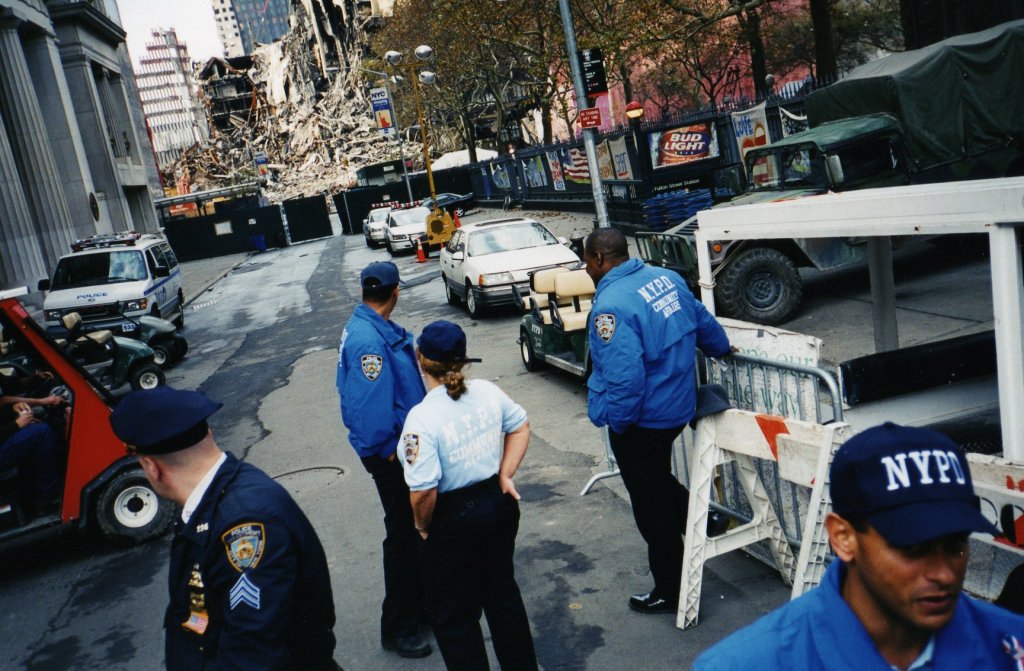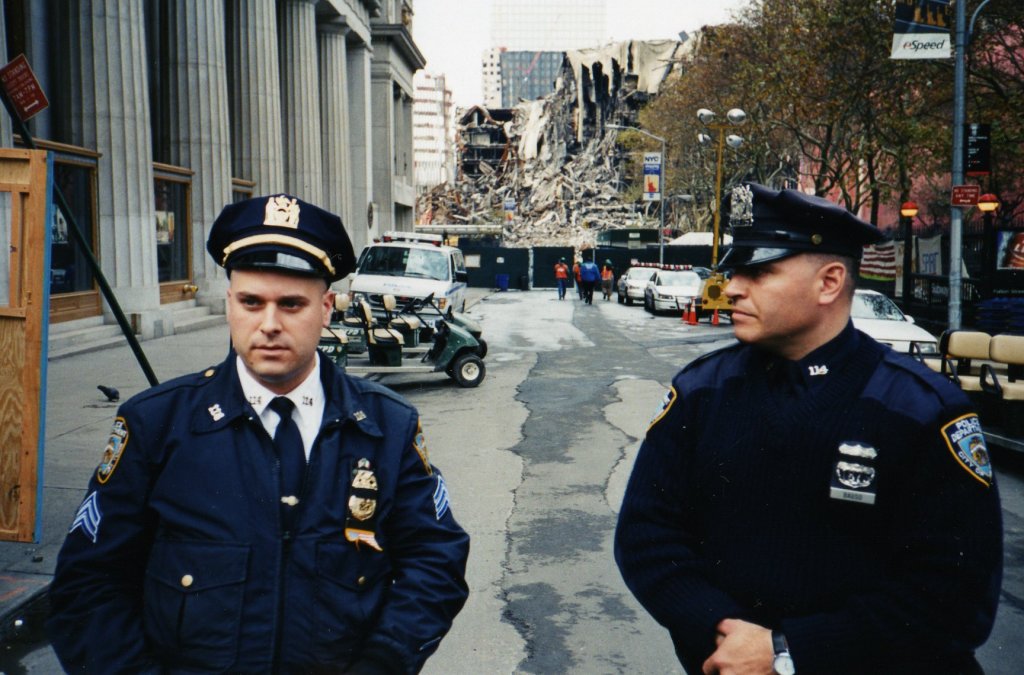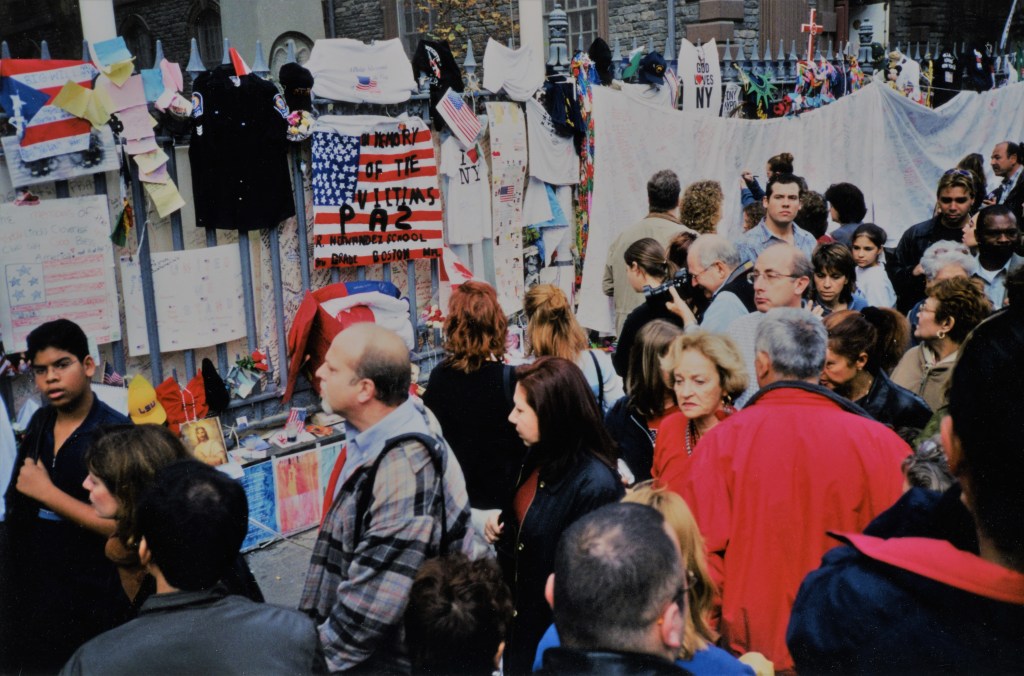Live free, but do no harm

In the course of human affairs, there is perhaps no more important principle than the right of personal freedom for the individual. However, these rights are not unlimited. One has to go no further than to John Stuart Mill for guidance. Mill posits the “harm principle” which holds that the actions of individuals should only be limited to prevent harm to other individuals. He states in his treatise, On Liberty, “The only purpose for which power can be rightfully exercised over any member of a civilized community, against his will, is to prevent harm to others.” If we turn to Frances’s Declaration of the Rights of Man of 1789,” we see a similar statement of values: “Liberty consists in the freedom to do everything which injures no one else; hence the exercise of the natural rights of each man has no limits except those which assure to the other members of the society the enjoyment of the same rights. These limits can only be determined by law.”
Articles IV and V from the Declaration of the Rights of Man states:
Liberty consists of doing anything which does not harm others: thus, the exercise of the natural rights of each man has only those borders which assure other members of the society the fruition of these same rights. These borders can be determined only by the law.
The law has the right to forbid only actions harmful to society. Anything which is not forbidden by the law cannot be impeded, and no one can be constrained to do what it does not order.
An individual’s action can be legitimately encroached upon if and only if that action might harm another individual.
Returning to Mill, “No person is an entirely isolated being.” But it is only when an individual “violates a distinct and assignable obligation to any other person or persons, the case is taken out of the self-regarding class.” We harm an individual only when we violate an obligation to that individual. The damage done by the bad example set to others by a drunkard provides no legitimate reason for interference with his conduct; if his drunkenness causes him to violate the obligation to support his family, then that action constitutes “a harm” and is subject to interference.
If we cause sickness and death to come another individual through our actions or inactions such as wearing a mask and or being vaccinated during a pandemic, then we are in violation of the “harm principle” and are subject to interference.
The dividing line between the legitimate and illegitimate use of our freedom is difficult, but not impossible to draw. As responsible citizens and moral beings, we must look out for the rights of others as well as our own individual rights.











